Is Olive Oil Good for You?
With the growing popularity of a whole food plant-based (WFPB) diet, more people are aware that eating plants is one of the healthiest things we can do for our bodies. But what about oil? Is olive oil good for you?
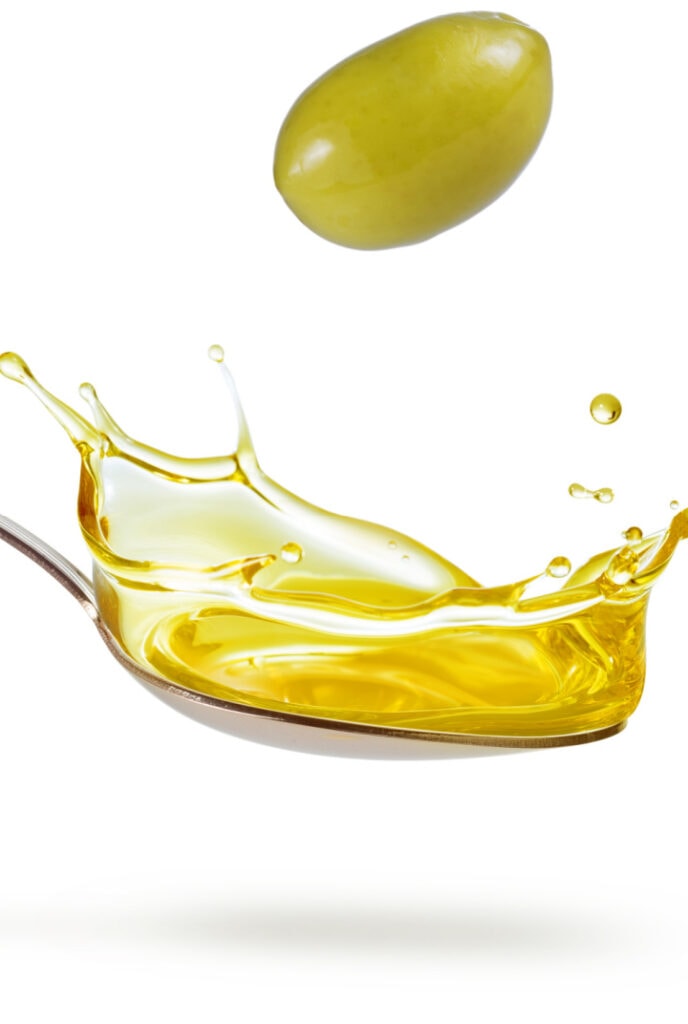
Considered by many as a healthy staple in any kitchen, olive oil–along with all cooking oils–has achieved folkloric status as an important part of a heart-healthy diet. Unfortunately, that is a costly misconception.
Clearing up the confusion
To clear up some of the common misconceptions about oil and its effects on bodily function, let’s take a look at what the research says about some long-held beliefs.
Olives come from plants, so olive oil must be healthy, right?
While it is true that olives are a whole plant food, their extracted oils are not. Like any oil from a plant, olive oil –as well as coconut, sunflower, peanut, and avocado oil–is a processed, concentrated fat extract and so has lost most of the nutritional value of its original form in the plant itself.
Anytime we take whole food and squeeze out everything healthy, such as fiber and other nutrients, what we are left with is simply concentrated fat.
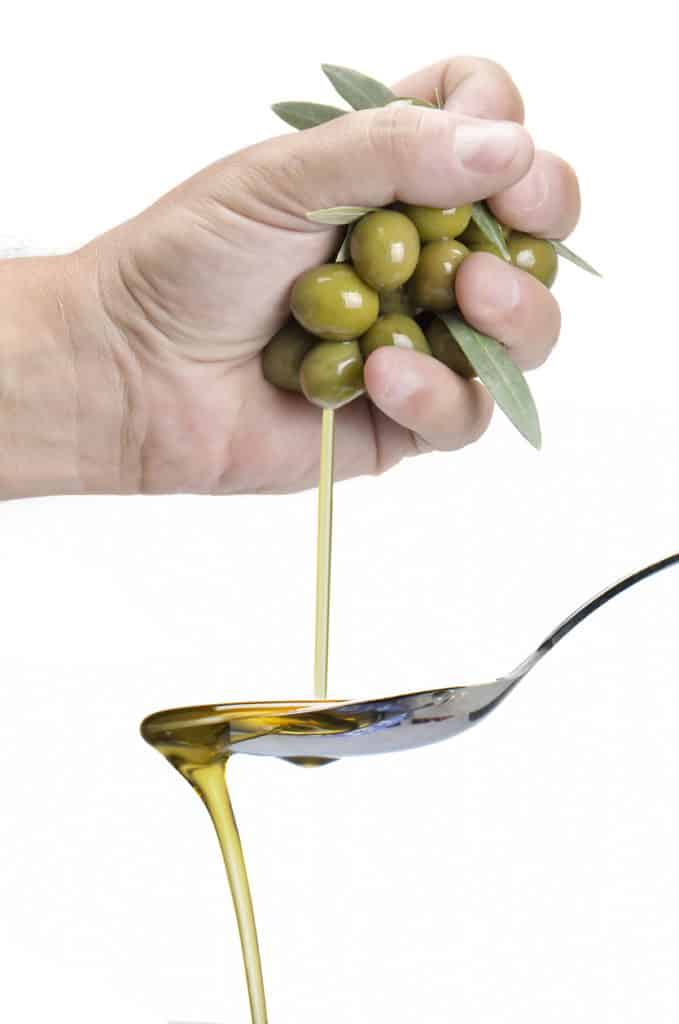
To gain nutritional value, you will need to eat the whole olive (peanut, sunflower, coconut, avocado) intact, rather than consuming its unrecognizable liquid fat form.
The simple fact is that, though we do need fats, they need to be in their original, natural, whole-food form.
Isn’t virgin olive oil good for my heart?
To understand whether any plant oil–olive or other–is truly heart-healthy, we first have to look at its effect on artery function. In the short 3-minute video below, Dr. Michael Greger discusses the research on how all oils have been shown to cause a constant and significant decrease in endothelial function after meals.
Endothelial cells produce nitric oxide (NO) that dilates vessels. The level of dilation is a good indicator of overall health of vessels. We know from research that, within hours of ingesting oil, arteries stiffen and their ability to dilate is impaired. See the video below.
Video on the effects of oil on artery function
What about the Mediterranean Diet?
As demonstrated in the video above, the very popular Mediterranean diet, that so many have been led to believe is heart-healthy due to its inclusion of extra virgin olive oil, is misleading.
In fact, higher consumption of fruits, vegetables, and legumes in Mediterranean regions is far more likely to account for decreased heart disease mortality than the inclusion of olive oil. In other words, the Mediterranean diet is healthier than the Standard American Diet (SAD) despite the oil.
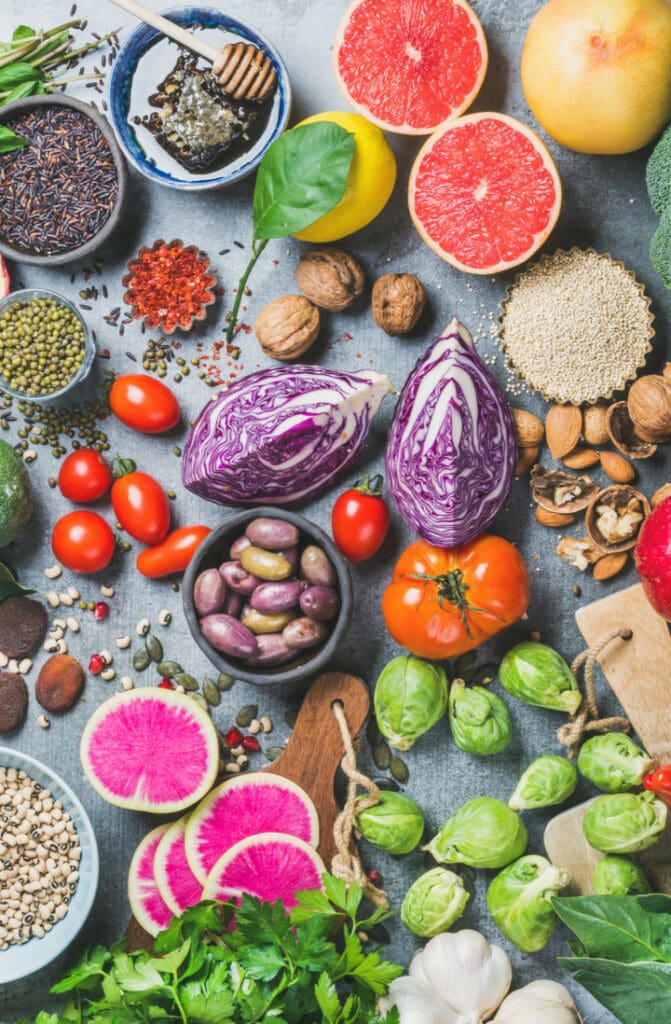
Dr. Caldwell Esselstyn, the author of Prevent and Reverse Heart Disease, is a ground-breaking pioneer in preventive and restorative cardiovascular medicine that has repeatedly demonstrated the healing powers of proper nutrition on diseased coronary arteries. In his book, he discusses the effects of oil on endothelial function in detail.
“Between 14 and 17 percent of olive oil is saturated, artery-clogging fat – every bit as aggressive in promoting heart disease as the saturated fat in roast beef.”
Caldwell esselstyn, MD
Don’t we need fat to stay healthy?
We most certainly do need fat in our diets for energy, cell growth, and even to help us absorb some nutrients and produce important hormones.
Surprising to many, a whole-food, plant-based, oil-free diet is NOT a fat-free diet. The fact is that plants do contain fat in perfect balance with what we need. So where are those vegan fat sources?
Common plants % of calories from fat
Yes, plants have fat! Broccoli, spinach, kale, carrots, beans, rice, and apples DO have fat. Take a look at some of their fat content.
- Broccoli 10% calories from fat
- Spinach 12% calories from fat
- Kale 14% calories from fat
- Carrots 4% calories from fat
- Beans 4% calories from fat – on average
- Rice 2-3% calories from fat
- Apple 3% calories from fat
- Avocado 82% calories from fat
- Peanuts 78% calories from fat
- Olives 84% calories from fat
Note that even olives, nuts, and seeds should be eaten sparingly due to their higher fat content.
The best way to get your needed essential fatty acids is by eating a health-promoting diet derived exclusively from whole natural foods. The type of diet recommended by the National Health Association contains well over 5% of calories from linoleic acid. Essential fatty acids are found abundantly in green leafy vegetables, flaxseeds, soybeans, and nuts and seeds. Eating a health-promoting diet will provide adequate amounts of the essential fatty acids, without the problems associated with animal products, processed oils, and supplements, which are often promoted as sources for these essential nutrients. Walnuts, flax seeds and green vegetables including purslane are a rich source of the desirable Omega-3 fatty acids.
—Center for Nutrition Studies
What else do I need to know?
- Gram-for-gram olive oil has the same number of calories as beef fat.
- Coconut oil is 90% artery-clogging saturated fat, and lard is 40%.
- One tablespoon of oil has 120 calories and 14 grams of fat.
- A 130 lb woman would have to jog nearly 2 miles to burn off 1 tablespoon of oil.
- Within hours of ingesting oil–even plant oil–arteries stiffen and their ability to dilate is impaired.
- All oil--whether from an animal or a plant– causes insulin resistance.
Cooking without oil
Healthy oil-free cooking requires learning some new methods in the kitchen, so we’ve included an article that will be instrumental in teaching you how easy it can be–Cooking Without Oil.
The article has an 8-minute cooking demo of how to saute using vegetable broth. In it, you will see how easy it is to make a vegetable stir fry with onions, red peppers, mushrooms, broccoli, and brown rice without any oil at all.
About Terri Edwards
Hi guys! I am the content creator behind EatPlant-Based and a licensed Food for Life instructor with the Physicians Committee for Responsible Medicine. I am passionate about sharing healthy recipes and tips to empower others to get healthy. I’m so glad you’re here! Read More…


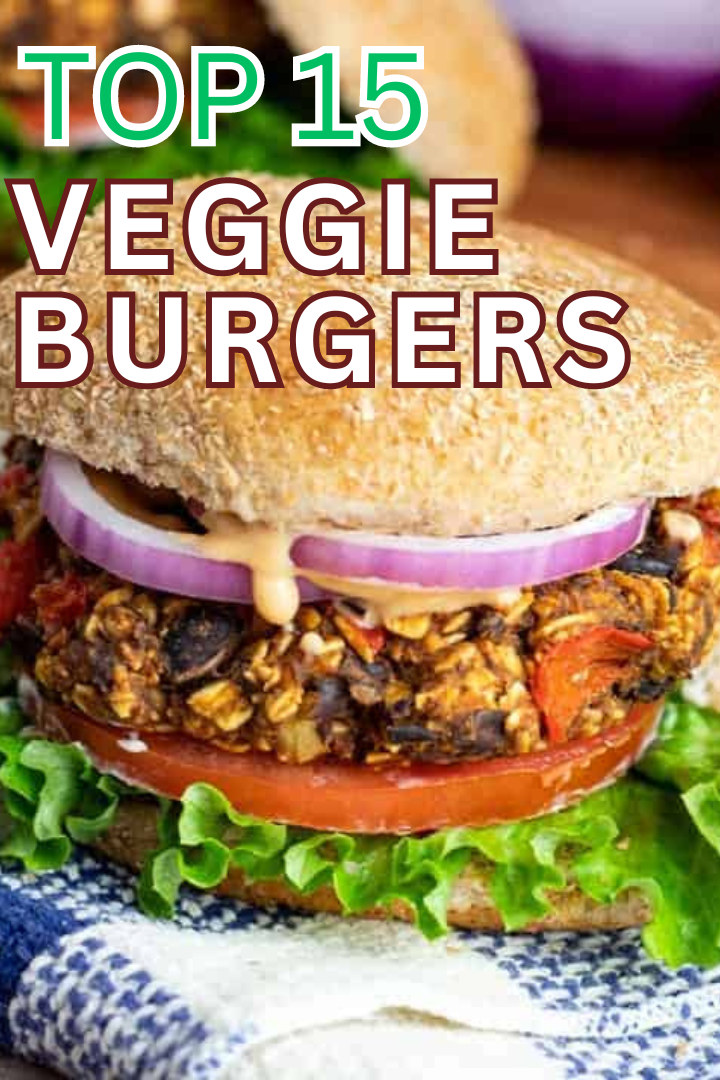
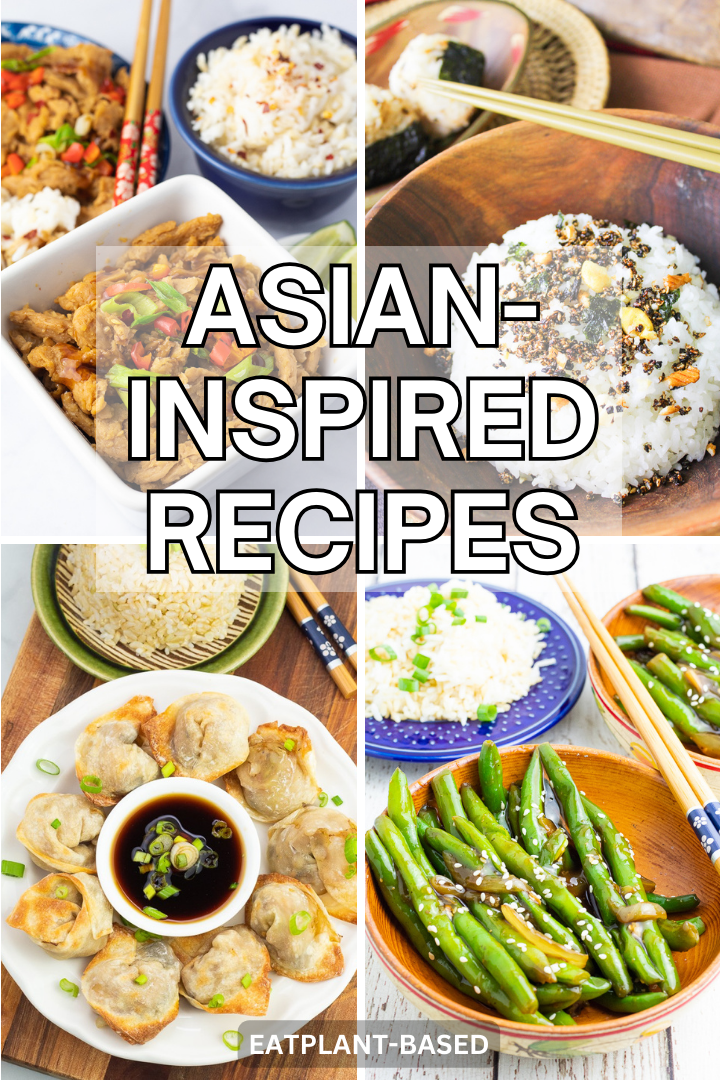

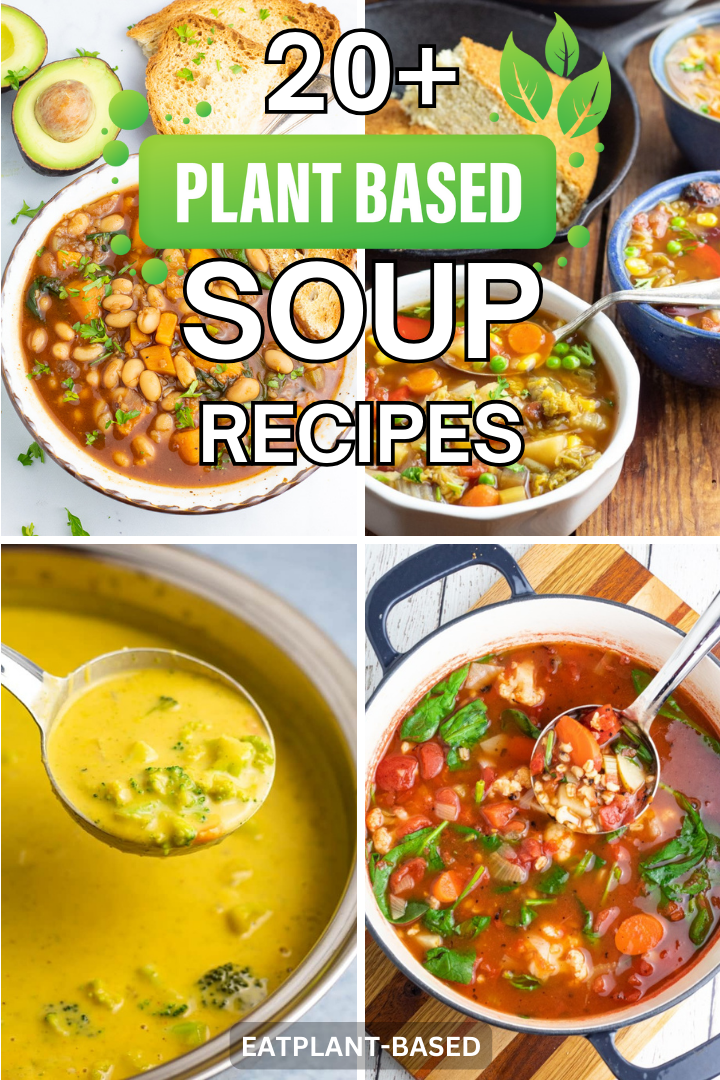

How about tahina, is it healthy?
After reading your article on olive oil. I am glad I cook without oil I learned by reading a book called “How Not To Die” by, Dr. Michael Greger. I must say I love your site.
Hi Vilma- I am glad that the information in the article was helpful, and I love Dr. Michael Greger as well. Thank you!